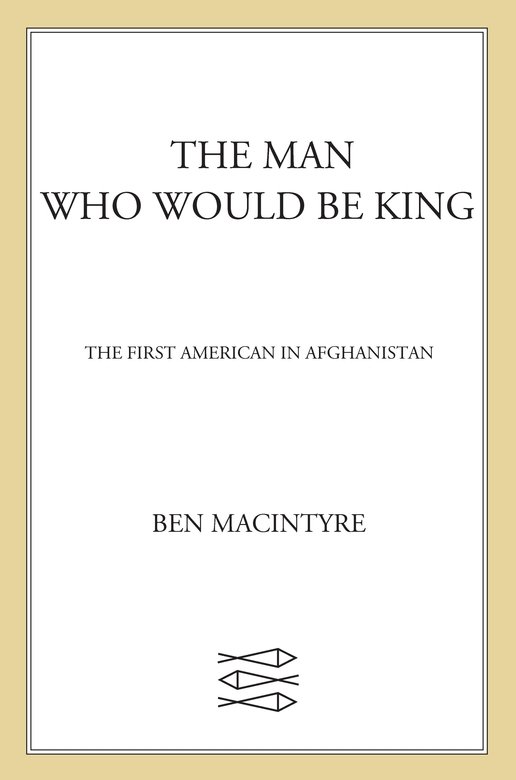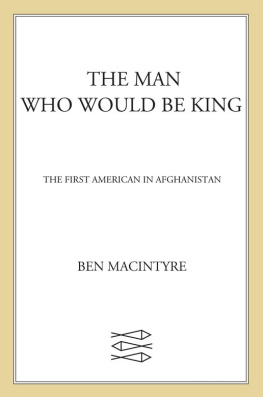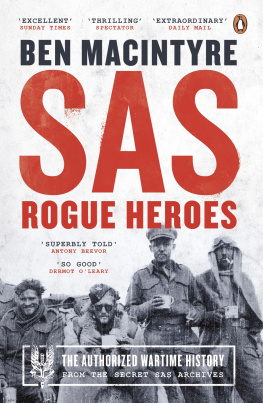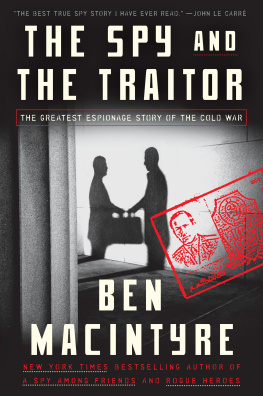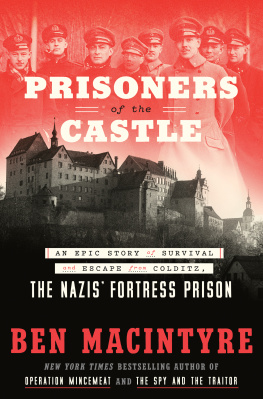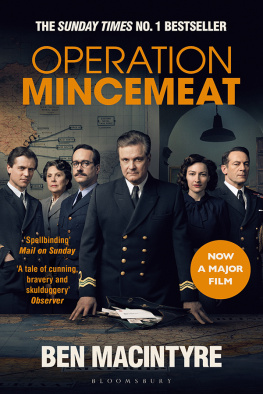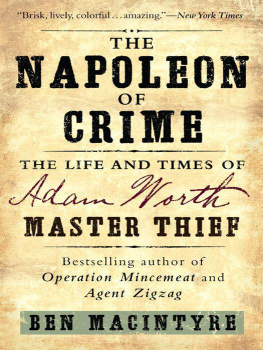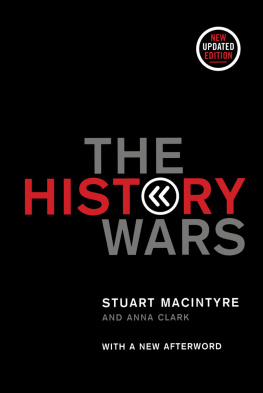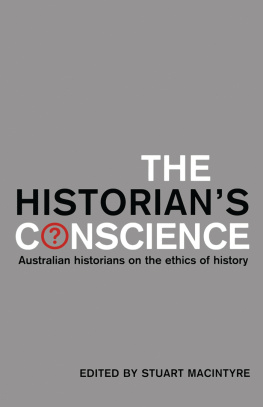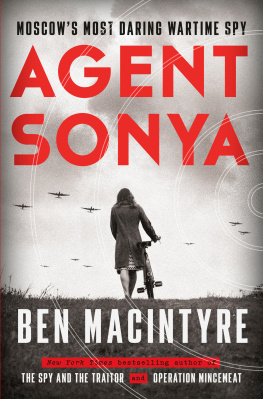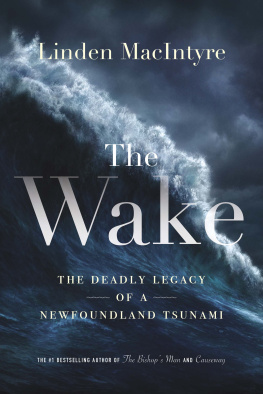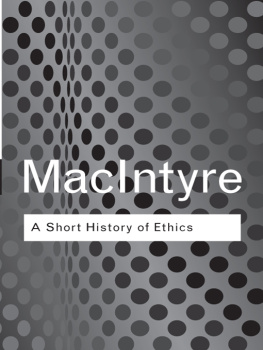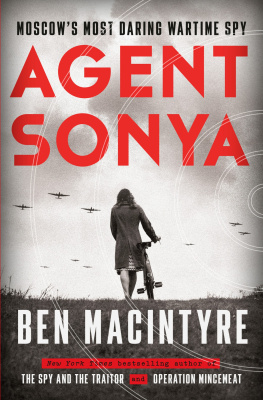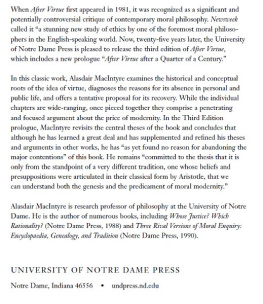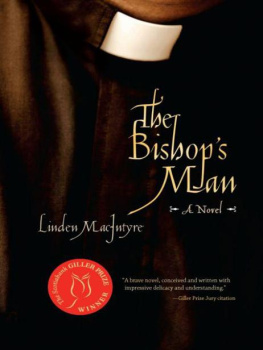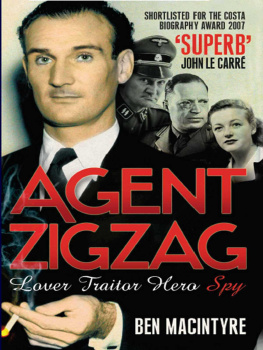I am grateful to many people in several countries for their help with this book: Jean-Marie Lafont, Pam Shenk, Barbara Rutz, Katie Ruane, Ahmad Shaheer, Peter Nichols, Philip Howard, Martin Fletcher, Sandy Morton, Sandra Parsons, Christina Lamb, His Majesty Zahir Shah, Ron Nash, Michael Jay, Juliette Brightmoor, Richard Moore, Roland Philipps, Mary Clare Lithgow, Kate Lithgow, Jeevan Deol, Tina Gau-doin, Peter Hopkirk, Martin Ewans, Ford Ennals, and Karine Tach-djian. I would also like to thank the staff at the Chester County Historical Society, the Rudyard Kipling Society, the Tri-County Historical Society, the British Museum, and the Imperial War Museum for guiding me to a wealth of obscure sources.
I owe a great debt to Ed Victor, my superb agent, and to John Glus-man and Aodaoin OFloinn of Farrar, Straus and Giroux, and Michael Fishwick and Robert Lacey of HarperCollins, for their support and professionalism. My love and gratitude, as always, go to Kate Muir, for her endless insight, good humor, and encouragement.
KABUL, SEPTEMBER 2002
I stood on the ramparts of the once-great Bala Hisar and watched a stray dog picking among the wrecked tanks that litter the hilltop ruins. The British destroyed the fortress at the end of the nineteenth century in retribution for the second Anglo-Afghan war, but you could still trace the twisting streets where Harlan once walked with his own dog, Dash, back in 1825. The Soviets used the Bala Hisar as a command post after the invasion of Afghanistan; during the civil war the Mujahideen deployed artillery here, flailing their rivals across the valley; and the Taliban, in turn, parked tanks on the hill to cow the inhabitants of the city below.
The ancient walled palace was occupied by a succession of men who sought to control Afghanistan, but the kings and would-be kings, foreign and home-produced, seldom lasted long. Of the five royal descendants of Dost Mohammed Khans tribe to rule Afghanistan in the twentieth century, three were assassinated and two were forced into exile. I had known some of the more recent men who would be king, such as Gulbuddin Hekmatyar, the fundamentalist Mujahideen warlord I met in the Khyber mountains on my first visit to Afghanistan. In 1990, shortly after the Soviet withdrawal, I had interviewed Mohammed Najibullah, the Communist president left clinging to power as the American-backed guerrillas closed in. The man known as the Ox of Kabul had taken sanctuary in the U.N. compound when the Mujahideen captured the city, but five years later the victorious Taliban hauled the former president out of hiding. Najibullah was castrated, his body dragged around the city behind a pickup and then hoisted in the Kabul bazaar,just as the mutilated corpse of William Macnaghten had once been displayed for the satisfaction of the mob.
Harlan had been right: the Afghans fought tirelessly among themselves, but when a foreign invader threatened, they united to drive him out. Even Alexanders hold had been fleeting. Macedonian, Mogul, Persian, Russian, British, and Soviet armies had all tried, and failed, to control the Afghan tribes. Harlans words echoed down the centuries: To subdue and crush the masses of a nation by military force, when all are unanimous in the determination to be free, is to attempt the imprisonment of a whole people: all such projects must be temporary and transient, and terminate in a catastrophe.
Like others, the Taliban had attempted to rule with fear and oppression, banning kites, music, unveiled women, pleasure, and hope. The Hazaras, as Shia heretics, suffered horribly under the Islamic fundamentalists, who despised the independent, unveiled Hazara women that Harlan had found so alluring. Thousands of Hazaras were murdered in a systemic campaign of persecution. But now the Taliban, too, was gone, swept away by American and British bombs.
From the Bala Hisar, I drove to the modern presidential palace where I had interviewed Najibullah years before. It was a year to the day after the liberation of Kabul. In the south, special forces were still combing the land for Osama bin Laden, and in Washington and London, the invasion of Iraq was being planned. The presidential compound was guarded by hard-eyed American bodyguards armed with machine guns, deployed to protect the newly installed Afghan president and the man I had come to see, Zahir Shah, king of Afghanistan, fifth-generation successor to Dost Mohammed Khan. In 1933, at the age of eighteen, the Western-educated Prince Zahir Shah had seen his father assassinated. Thrust onto the throne, he ruled for forty years, at first as a distant absolute monarch, later as an enlightened reformer, introducing freedom of speech, voting rights for women, and an experimental farm to cultivate the fruits of Kabul, with seventy-six varieties of grapes. But in 1973, while on holiday in Italy, he was ousted in a coup led by his cousin. For the next thirty years he lived in exile, as Afghanistan was invaded by the Soviets, torn apart by civil war, and then brutalized by the Taliban. In the garden of his Italian villa, the old king could be seen playing chess, just as Shah Shujah, in another age, had whiled away his exile. With thefall of the Taliban, Zahir Shah had returned as Father of the Nation, a symbolic figurehead to help maintain a fragile peace. Many looked back on his reign as a halcyon age, which it had been only in contrast to the horror that followed. His enemies vowed to kill him.
A courtly, frail old man with a gray mustache, the king received me in a room surrounded by trophies of wild sheep horns and gold-handled flintlock muskets in glass cases. At eighty-eight years old, with a ventilation machine powering his ailing lungs, the monarch had come home to die. I will do whatever I must do, he said simply. This is my country. He spoke an elegant, antique French. Outside his window a shattered city was slowly rebuilding itself. I could hear the American voices of the kings bodyguard in the corridor, huddled around a single-bar heater. As we talked, it grew dark outside. The death of Zahir Shah would mark the end of the Durrani dynasty, and he knew it. Yet his whispering voice grew animated as he spoke of the past, and of a young ruler who would ride into the mountains hunting wild sheep, antelope, and wolf, surrounded by his court. I will go back one day, said the last king of Afghanistan. We both knew this was fantasy, the valedictory of an old and dying man, a king in name and memory.
I was a King once. The words are from The Man Who Would Be King. Back in my hotel room I read, yet again, Rudyard Kiplings tale of the eccentric, spade-bearded adventurer who became an Afghan prince. Ill make an Empire, Daniel Dravot declares. I am the son of Alexander. According to David Gilmour, Kiplings biographer, the story was inspired by the authors meeting with an unknown Freemason when he was working as a young journalist in Indiawhich suggests that Harlans adventures, or a version of them, had been absorbed into Masonic folklore on the North-West Frontier. Kipling would certainly have been familiar with Harlans history, just as he would have known of the even earlier exploits of George Thomas, the eighteenth-century Irish mercenary. In 1885, Kipling had traveled to Peshawar on assignment for the Civil and Military Gazette and claimed to have been shot at by a Pathan in the Khyber Pass. Although he never penetrated into the Afghan interior, the glimpse of life in the savage mountains gave him the basis for his descriptions in The Man Who Would Be King.
